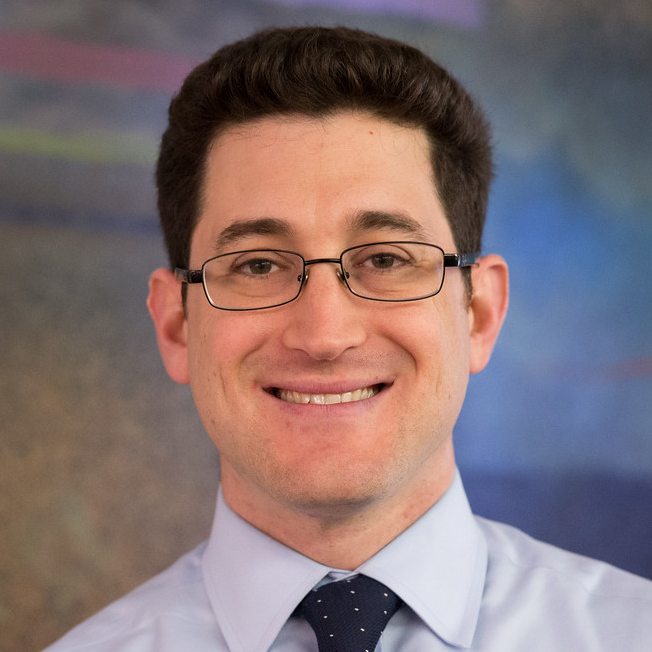Many Addiction Treatment Programs Discourage Opioid Agonist Treatment
Residential addiction treatment programs may not offer the best quality of care.
Michael Barnett, MD, MS

Findings of a survey of residential programs for opioid use disorder indicate 29% of programs offer opioid agonist treatment but 21% actively discouraged such treatment.
The results raised concerns about the quality of care offered by residential programs.
Residential treatment programs are typically used to treat opioid use disorder and are promoted in policy proposals to improve access to care. But there are concerns about the quality of care and low use of evidence-based opioid agonist treatment in such programs.
In an effort to collect data on how programs operate, Michael Barnett, MD, MS, and colleagues simulated patient calls to audit treatments offered by programs nationally. They used federal directories and listings of search engine advertisements to survey a random sample of residential treatment programs in the US.
Trained research assistants called 613 programs with a standardized script from June 27 to September 20, 2019. The callers posed as 27-year-old patients who used heroin and did not have insurance. They spoke to the first available person who managed prospective admissions. Callers asked whether they would receive opioid agonist treatment, mentioning Suboxone.
The team collected information on the availability of opioid agonist treatment and non-opioid agonist treatment treatments. Further, they recorded whether anti-opioid agonist treatment messaging was used, such as “substituting 1 addiction for another.”
Barnett and the investigators found 107 programs (29%) offered opioid agonist treatment with the option to continue maintenance. Moreover, 114 (31%) offered opioid agonist treatment only for short-term detoxification, while 143 programs (39%) did not offer opioid agonist treatment or were unclear about whether such treatment was available. More than 20% of programs actively discouraged callers from using opioid agonist treatment.
An analysis between nonprofit and for-profit programs, the availability of opioid agonist treatment was not significantly different between the 2 program types (31% in nonprofit vs 29% in for-profit; adjusted difference, 4.8%; 95% CI, -7.3 to 16.8). Publicly operated programs were significantly more likely to not offer or be unclear about opioid agonist treatment availability (77% in public vs 27% in for-profit; adjusted difference, 30.7%; 95% CI, 9.6-51.8). Accreditation and state licensure had no significant association with treatment availability for maintenance treatment or anti-opioid agonist treatment messaging.
A majority of the programs evaluated (92%) offered some form of a 12-step program. The programs that did not have clear opioid agonist treatment availability offered fewer non-opioid agonist treatment treatments (median, 2 [interquartile range, 1-4]) than those that offered opioid agonist treatment for maintenance therapy (median, 4 [interquartile range, 2-6]; P <.001).
Overall, 31% of programs offered the treatment only for detoxification, which has worse outcomes compared with opioid agonist treatment maintenance. The team found accreditation did not ensure the availability of the treatment, which demonstrated “seals of approval” did. Not guide consumers to programs offering the most effective treatment for opioid use disorder or direct them away from those discouraging its use.
The study, “Therapies Offered at Residential Addiction Treatment Programs in the United States,” was published online in JAMA Network Open.